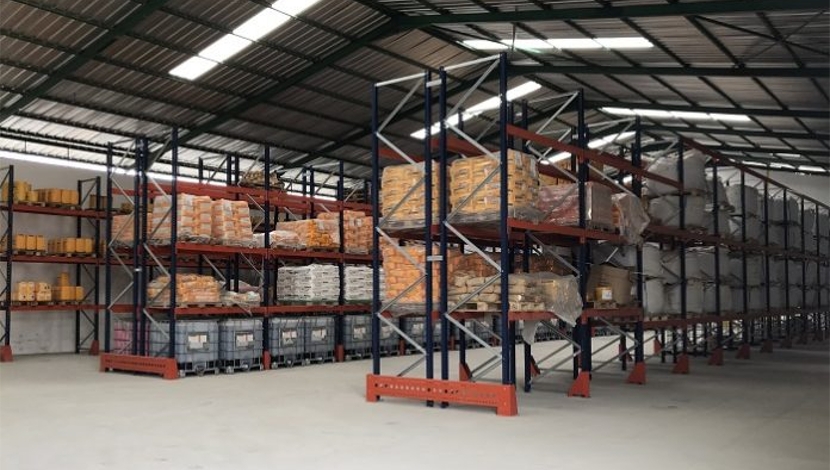
The construction industry, worldwide, is continually in a state of flux. Cost and time pressures are increasing constantly, both for construction companies and their suppliers.
Quality requirements too, are constantly increasing.
Generally the demand is for shorter construction periods at the same, if not lower, prices – without sacrificing quality.
In a manufacturing or factory environment, this can be relatively easy as conditions remain the same. However, most construction sites are unique, and can differ significantly, due to architectural and engineering requirements, as well as environmental and climate changes.
Monitoring and controlling overall quality is no easy task and present challenges to both contractors and professionals alike. With challenges come opportunities, to improve the construction process, and to save on costs.
To optimise the construction process, efficiencies have to be improved and these efficiencies need to be visible, measurable and controlled.
One of the most important parameters in this instance is the compressive strength development of concrete in its construction state. Striking times, curing times, time of post-stressing etc are derived from the early concrete strength development.
Currently, the monitoring measurement of this is by testing same-size samples of the concrete –usually a set of cubes or cylinders. While indicative of quality and consistency, this method of testing is not always a true example of the concrete in situ.
Doka and their partners, B A S Research and Technology have developed a product and service, CONCREMOTE, that can measure, the strength development of in situ concrete and provide real-time data, via GSM technology to site staff, concrete technologists, and laboratories.
The Doka Concremote continuously compares actual measurements to target values defined by construction staff or concrete technologists. Notification of these results can be sent via text message or email, thus, once the target strength is attained, it becomes known immediately and can be acted upon.
Actual customer experiences with Concremote underpins the following benefits.
•Reduced cycle times due to early stripping of slab formwork or climbing of vertical formwork
•Improvement in formwork utilisation.
•Introduction of a ‘menu card’ of concrete mix designs with variable early/age strength profiles which can be chosen depending on timing of casting during day and week-end / working day, optimising concrete costs versus early-age strength required.
•Improved safety at the construction site by measuring in-situ compressive strength at the precise location of applied loads
•Actual digital archive of all casts available for evaluation and reporting.
Recently the Dubai Municipality legislated that the use of ‘green cements’ such as fly ash or ground granulated blast furnace slags, be mandatory on all new construction sites, helping to support Dubai’s 2020 environmental objectives.
Doka had already been conducting extensive testing of Concremote with local contractors using these cements, and these tests show that time savings of 47%, cost savings of 32% and quality improvements of 55% are achievable. Concremote’s implementation could offer benefits that extend beyond reducing the environmental impact to the Dubai construction market.
Doka South Africa has obtained Concremote and is currently embarking on similar testing with the intent to launch the product and service in the near future.
More information from Neill Buchner, email: Neill.Buchner@doka.com/www.doka.com





